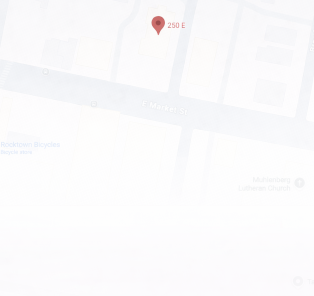The tax benefits of investing in real estate are significant. Real estate investors can indefinitely defer substantial amounts of capital gains taxes through the facilitation of a 1031 Like Kind Exchange. 1031 Exchanges remain immensely popular due to the ability to swap a management intensive property such as an apartment complex, for a secure single tenant net lease (STNL) asset without having to pay a substantial tax payment.
Due to the popularity and beneficial nature of 1031 Exchanges, the IRS has imposed strict tax rules on 1031 Like Kind Exchanges. To avoid legal issues with the IRS, a tax attorney or accountant should be consulted to assist in the successful completion of a 1031 Exchange. Professional tax consultants will ensure that the following guidelines pertaining to 1031 Like Kind Exchanges are adhered to.
Receipt of Cash and Relief from Debt May Result in a Taxable Gain
For a legal consultation with a personal injury lawyer, call (434) 817-3100
It is important to note that the best way to avoid incurring a taxable gain is to use a qualified intermediary during your 1031 Like-Kind Exchange transaction. This intermediary will hold the proceeds from the sale of your property until the exchange is facilitated. Tax laws indicate that the entire like-kind transaction may be disqualified should an investor take control of the cash or other proceeds from the sale of their property before the completion of the 1031 Exchange. Any cash or not like-kind property received at the end of the 1031 Exchange will be taxable to the extent of proceeds that are not like-kind. (1031 Like Kind Exchange IRS Ruling)
The 45 Day Deadline
The first major time limit on 1031 Exchanges is the IRS rule that replacement properties must be identified within 45 days from the date of sale of your initial property. The identification must be in writing, signed by you, and delivered to a person involved in the exchange. The seller of a replacement property and a qualified intermediary constitute individuals involved in the exchange, while your broker, attorney, and accountant do not. Replacement properties must be clearly described in the written identification. In the case of real estate, this means a legal description, street address or distinguishable name.
The 180 Day Deadline
The second time restraint IRS tax rules place on 1031 Exchanges is that a replacement property must be received and the exchange completed no later than 180 days after the sale of the initial property or the due date (with extensions) of the income tax return for the tax year in which the relinquished property was sold, whichever is earlier.
Keep Track of a Property’s Tax Basis
It is vital that you and your tax representative adjust and track the basis of your properties correctly to comply with Section 1031 tax regulations, as tax payments are deferred not eliminated. The tax due at the time of a taxable sale will be equal to the (Sales Price-Tax Basis)*Capital Gains Rate.
Consulting a tax professional and an attorney will ensure your 1031 Exchange is facilitated successfully.
Call (434) 817-3100 or complete a Case Evaluation form



